Hotel Management – a world view
Hotel management is a multifaceted and dynamic field that requires a delicate balance between customer service, operational efficiency, and financial success.
The success of a hotel largely hinges on its ability to deliver exceptional guest experiences while maintaining a well-organised and profitable establishment.
Let’s look into the strategies that can be employed to ensure a thriving hospitality business.
Understanding the Hospitality Industry
Hotel management professionals must have a solid grasp of the hospitality industry.
This includes understanding market trends, customer preferences, and competition analysis.
Market research and updates on emerging technologies and guest expectations are crucial in shaping a hotel’s services and offerings.
Segments of the Hospitality Industry– The hospitality industry is comprised of several key elements, including:
Hotels and Lodging
This segment includes hotels, motels, resorts, bed and breakfasts, hostels, and other lodging establishments that offer temporary accommodations to travellers.
Restaurants and Food Service
Restaurants, cafes, fast-food outlets, food trucks, and catering services fall under this category, providing meals and beverages to both travellers and locals.
Travel and Tourism
This segment includes travel agencies, tour operators, airlines, cruise lines, and other businesses facilitating travel and tourism experiences.
Event Planning and Management
Event planners, conference centres, banquet halls, and meeting venues are part of this segment, catering to various gatherings and functions.
Entertainment and Recreation
Theme parks, casinos, spas, golf courses, and other recreational facilities fall under this category, providing entertainment and leisure activities to guests.

Key Players
In the hospitality industry, various stakeholders play vital roles:
Guests:
Travellers and consumers who seek accommodations, food, or entertainment services.
Hoteliers and Entrepreneurs
Individuals or groups who own, manage, or operate hospitality establishments.
Employees
The workforce encompasses many roles, from front-line staff, such as receptionists and waitstaff, to managerial and executive positions.
Suppliers
Companies or individuals who provide products and services to hospitality businesses, such as food and beverage suppliers or linen providers.
Importance of Customer Service
Hospitality is synonymous with exceptional customer service.
Providing guests with positive experiences, personalised attention, and prompt issue resolution is critical for building a loyal customer base.
Word-of-mouth recommendations and online reviews significantly influence a hospitality business’s reputation, making customer satisfaction a top priority.
Seasonality and Trends
The hospitality industry experiences seasonal fluctuations in demand.
Peak seasons, such as holidays and festivals, can lead to high occupancy rates and increased revenues, while off-peak periods may pose challenges in maintaining profitability.
Keeping abreast of travel trends and adapting to changing consumer preferences is essential to stay competitive.

Global Impact
The hospitality industry is a significant contributor to economies worldwide.
It generates employment, promotes cultural exchange, and drives tourism.
However, it also faces challenges related to sustainability, environmental impact, and ethical concerns, prompting businesses to adopt responsible practices.
Technology and Innovation
Advancements in technology have revolutionised the hospitality industry.
Online booking platforms, mobile applications, contactless check-ins, and digital marketing have transformed how guests interact with hospitality businesses.
Embracing technology and leveraging data analytics have become crucial for success in a competitive market.
The hospitality industry is a vibrant and multifaceted sector that caters to the diverse needs of travellers and consumers worldwide.
By understanding its segments, key players, and the importance of exceptional customer service, businesses can thrive and create memorable experiences for their guests.
As the industry continues to evolve, embracing innovation and sustainability will be essential to meeting the changing demands of modern travellers while maintaining a positive impact on the global economy and society.
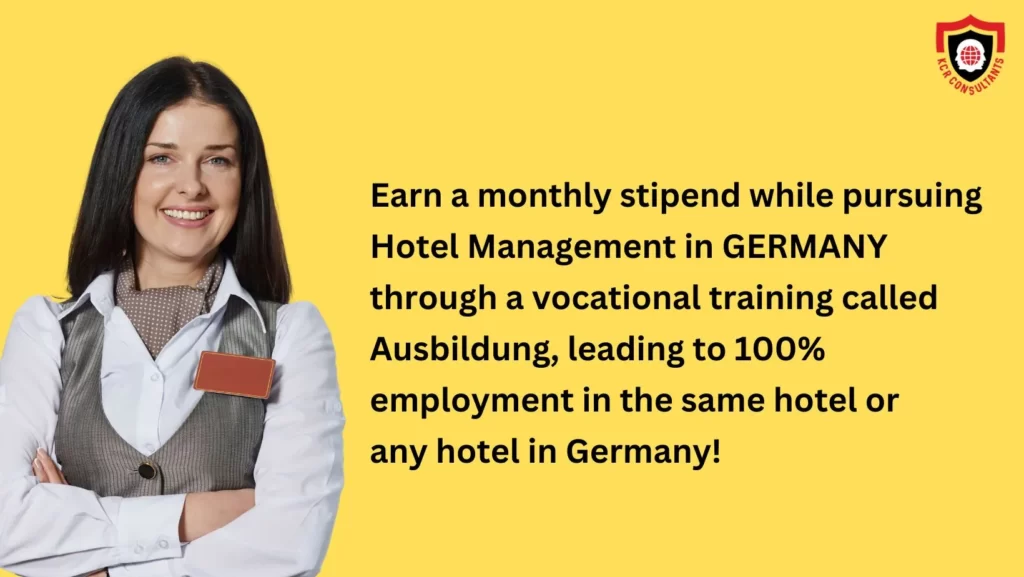
Exceptional Customer Service in Hotel Management
Guest satisfaction is at the heart of successful hotel management.
Going above and beyond to exceed customer expectations is essential.
Well-trained and courteous staff, personalised service, prompt issue resolution, and attention to detail create memorable guest experiences.
Guest-Centric Approach
Put the guest at the centre of everything.
Train your staff to empathise with guests and anticipate their needs. A warm and welcoming attitude goes a long way in creating a positive first impression.
Personalisation
Tailor the guest experience to individual preferences and requirements.
Collect and store guest data, such as special occasions, room preferences, and dietary restrictions, to surprise and delight them during their stay.
Communication Skills
Effective communication is vital in understanding guest needs and resolving issues—train staff to be active listeners and encourage open and transparent communication.
Prompt Issue Resolution
Be proactive in addressing guest complaints or concerns.
Empower front-line staff to resolve issues immediately or escalate them to appropriate management.
A swift and satisfactory resolution can turn a negative experience into a positive one.
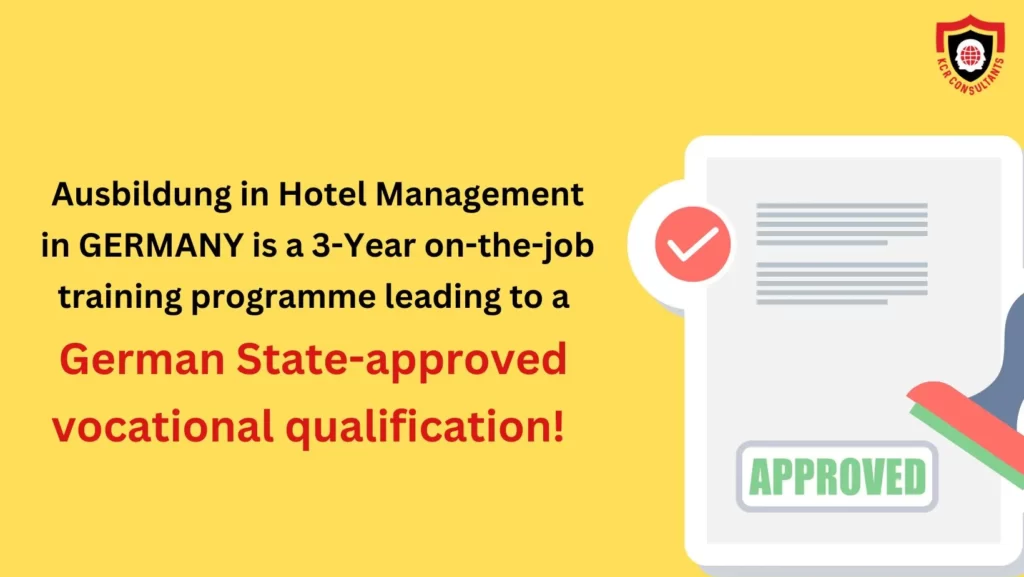
Empowered Staff
Empower your employees to make decisions that benefit guests within reasonable guidelines.
This reduces the need for constant approval from higher-ups and enables faster responses to guest requests.
Consistency
Maintain consistency in service standards across all departments and shifts. Guests should receive the same level of service, regardless of the time of day or who is attending to them.
Training and Development
Invest in comprehensive training for all employees, from front-line staff to management.
Training should cover technical and soft skills like communication, problem-solving, and emotional intelligence.
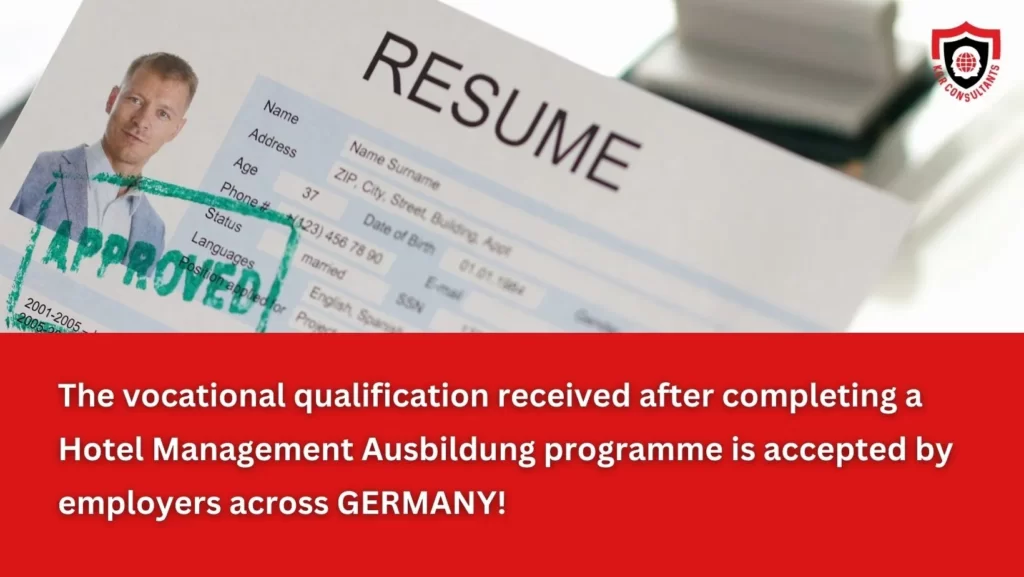
Anticipate Guest Needs
Train your staff to anticipate guest needs before they are expressed.
Thoughtful gestures, such as offering umbrellas on a rainy day or providing maps and recommendations for local attractions, enhance the guest experience.
Attention to Detail
Pay attention to the minor details, from cleanliness and maintenance to amenities and room décor.
These details contribute to an overall positive impression of the hotel.
Seamless Check-In and Check-Out
Simplify the check-in and check-out processes to minimise wait times and paperwork. Consider offering mobile check-in options for added convenience.
Follow-Up and Feedback
After guests depart, follow up with them to show appreciation for their stay and gather feedback.
Guest surveys can provide valuable insights and identify areas for improvement.
| Study in Germany | Study in the UK |
| Study in Canada | Study in New Zealand |
Employee Recognition
Recognise and reward employees who consistently deliver exceptional customer service. Acknowledging their efforts boosts morale and motivates others to excel.
Surprise and Delight
Create delightful surprises for guests during their stay, such as complimentary upgrades, welcome amenities, or special treats. These gestures leave a lasting positive impression.
Hospitality Training for All Staff
Even non-guest-facing employees should receive hospitality training. Every team member has a direct or indirect role in the guest experience.
In the fiercely competitive hospitality industry, exceptional customer service sets a hotel apart.
By adopting a guest-centric approach, empowering staff, providing personalised service, and maintaining consistency, hotel management can elevate the guest experience to new heights.
Happy and satisfied guests will become loyal patrons and brand ambassadors, helping attract new guests and drive the hotel’s success.
Remember, in the world of hotel management, it’s the little things that make a big difference.
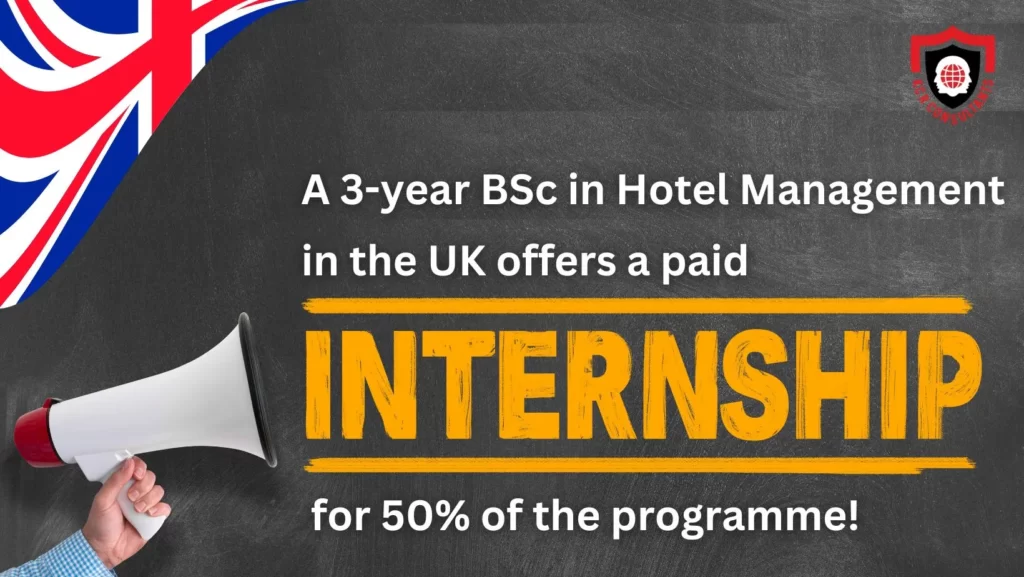
Staff Training and Development in Hotel Management
A well-trained and motivated workforce is the backbone of any hotel.
Investing in staff training and development ensures that employees have the skills to handle their roles effectively.
Training should encompass technical and soft skills, such as communication and problem-solving.
Practical staff training and development are critical components of successful hotel management.
Well-trained and motivated employees are pivotal in delivering exceptional guest experiences, improving operational efficiency, and ultimately driving the hotel’s success.
Here are key strategies to implement staff training and development in hotel management:
Comprehensive Onboarding
Start with a thorough onboarding process for all new hires.
Introduce them to the hotel’s culture, values, and service standards.
Please provide an overview of their roles and responsibilities, and ensure they feel welcomed and supported from day one.
Role-Specific Training
Customise training programs based on specific job roles. Different departments, such as front desk, housekeeping, F&B, and sales, require specialised skills and knowledge.
Tailor training sessions to address the unique challenges and requirements of each department.
Continuous Training
Training shouldn’t be a one-time but an ongoing process. Provide endless learning opportunities for employees to enhance their skills, keep up with industry trends, and develop professionally.
Soft Skills Development
Apart from technical skills, emphasise the importance of soft skills. Effective communication, problem-solving, conflict resolution, and emotional intelligence are vital for excellent customer service.
Guest-Centric Training
Train employees to adopt a guest-centric approach. Please encourage them to understand guest needs, anticipate preferences, and provide personalised experiences to create lasting impressions.
Cross-Training and Job Rotation
Promote cross-training and job rotation among employees.
This not only broadens their skill sets but also fosters a sense of teamwork and camaraderie among different departments.
Mentorship Programs
Implement mentorship programs where experienced employees can guide and support new or junior team members.
Mentorship fosters a positive learning environment and helps employees feel valued and invested in their professional growth.
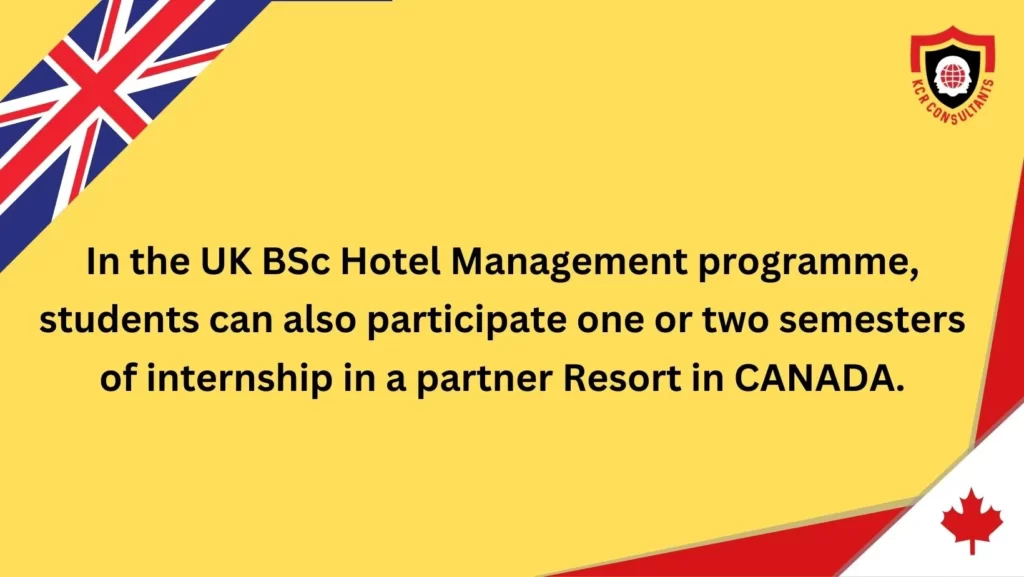
Leadership Development
Identify potential leaders and provide leadership development programs.
Effective leadership is essential for motivating teams, resolving conflicts, and driving the hotel’s vision.
Compliance Training
Ensure employees receive proper safety procedures, hygiene standards, and regulatory compliance training.
Compliance training is essential to maintain a safe and legally compliant workplace.
Technology and Systems Training
Equip employees with the necessary training to effectively use technology and hotel management systems.
This includes property management systems, reservation platforms, and other relevant software.
Simulations and Role-Playing
Incorporate interactive training methods such as simulations and role-playing exercises.
These activities allow employees to practice real-life scenarios and improve their problem-solving and customer service skills.
Recognise and Reward Progress
Acknowledge and reward employees’ progress and achievements in their training and development journey.
Positive reinforcement motivates staff and reinforces the value of continuous learning.
Feedback and Performance Reviews
Regularly provide constructive feedback to employees and conduct performance reviews. Feedback is crucial for employees to understand their strengths and areas for improvement, enabling them to grow professionally.
External Training and Workshops
Encourage employees to participate in external training programs, workshops, and industry conferences. Exposure to external perspectives and knowledge broadens their horizons and enriches their expertise.
Investing in staff training and development is a strategic move that yields long-term benefits for the hotel and its employees.
A well-trained and engaged workforce enhances guest satisfaction and boosts employee morale, productivity, and retention.
By providing comprehensive training, fostering a culture of continuous learning, and recognising employee efforts, hotel management can create a thriving work environment that delivers exceptional guest experiences and ensures the hotel’s overall success.

Effective Operations Management in Hotel Management
Streamlining hotel operations is crucial to optimising efficiency and reducing costs.
This involves proper inventory management, efficient housekeeping procedures, and maintaining the hotel’s infrastructure.
Embracing technology, such as property management systems and automated processes, can significantly improve operational efficiency.
Management and operations are the backbone of a successful hotel, ensuring that all aspects of the property run smoothly and efficiently.
By streamlining processes, optimising resources, and maintaining high service standards, effective operations management in hotel management contributes to enhanced guest experiences and increased profitability.
Here are vital strategies for achieving effective operations management in a hotel:
Efficient Staff Scheduling
Optimise staff scheduling based on forecasted occupancy and demand.
Avoid overstaffing during low periods and ensure adequate staffing levels during peak times to provide excellent service without unnecessary labour costs.
Standard Operating Procedures (SOPs)
Establish and implement standardised operating procedures across all departments.
SOPs ensure consistency in service delivery and streamline processes, making it easier for staff to execute their tasks efficiently.
Embrace Technology
- Leverage technology to improve operations.
- Utilise property management systems (PMS) to manage reservations, automate check-ins and check-outs, and track guest preferences.
- Adopt digital solutions for housekeeping and maintenance to ensure timely service and issue resolution.
Inventory Management
Implement efficient inventory management systems to control stock levels and minimise waste.
Regularly audit and monitor supplies, food, and beverages to avoid stockouts and reduce carrying costs.
Quality Control and Maintenance
Maintain high standards of cleanliness and upkeep throughout the property.
Conduct regular inspections to identify areas for improvement and ensure that all facilities and equipment are in good working condition.

Energy Efficiency
Adopt energy-efficient practices to reduce operational costs and minimise the hotel’s environmental impact.
Implement energy-saving measures like LED lighting, motion sensors, and energy-efficient HVAC systems.
Cross-Departmental Communication
Foster open communication and collaboration among different departments.
Smooth coordination between the front desk, housekeeping, F&B, and other departments enhances guest experiences and eliminates potential issues.
Revenue and Yield Management
Implement income and yield management strategies to optimise room rates and maximise revenue.
Utilise data analysis to adjust pricing based on demand, seasonal trends, and events.
Training and Development
Train employees on operational procedures, safety protocols, and efficient service delivery. Well-trained staff are more competent and confident in their roles, leading to higher productivity and better guest experiences.
Crisis Management and Contingency Planning
Develop comprehensive crisis management plans to address emergencies, natural disasters, or unexpected events.
Containment plans ensure a swift and well-coordinated response to protect guests and staff.
Customer Feedback and Analysis
Regularly collect and analyse guest feedback to identify areas for improvement. Guest reviews and surveys offer valuable insights into the hotel’s strengths and weaknesses, allowing for targeted improvements.
Procurement and Vendor Management
Maintain good relationships with suppliers and vendors.
Negotiate favourable contracts and terms to ensure timely and cost-effective delivery of goods and services.
Emphasis on Employee Morale
Promote a positive and supportive work environment.
Pleasant and motivated employees are likelier to deliver exceptional service and be committed to the hotel’s success.
Environmental Sustainability
Incorporate sustainable practices into operations, such as recycling programs, water conservation, and eco-friendly initiatives.
Ecological responsibility can attract eco-conscious guests and align with modern trends.
Effective operations management is vital for a hotel’s smooth functioning and success.
By implementing efficient procedures, embracing technology, focusing on staff training, and prioritising guest satisfaction, hotel management can enhance the overall guest experience while optimising resources and achieving profitability.
A well-managed hotel creates a positive reputation and becomes a preferred choice for guests, leading to increased loyalty, word-of-mouth referrals, and sustained success in the competitive hospitality industry.

Revenue and Yield Management in Hotel Management
Revenue and yield management are strategic approaches used by hotels to optimise pricing and maximise revenue.
These techniques involve analysing demand patterns, market conditions, and customer behaviour to make data-driven decisions that enhance profitability without compromising guest satisfaction.
Here’s an overview of revenue and yield management in hotel management:
Understanding Revenue Management
Revenue management involves setting prices for hotel rooms and other services based on supply and demand dynamics.
The goal is to sell exemplary service to the right customer at the right time for the right price.
This strategy aims to increase revenue and profitability by effectively managing room rates and inventory.
Yield Management vs Revenue Management
While “yield management” and “revenue management” are interchangeably used very often, there is a slight difference between the two.
Yield management primarily focuses on maximising revenue from a fixed inventory, such as hotel rooms, by varying prices based on demand.
On the other hand, revenue management encompasses a broader approach to optimising revenue across all revenue-generating areas within a hotel, including rooms, food and beverage, events, and other services.
Demand Forecasting
Accurate demand forecasting is at the core of revenue and yield management.
Hotels use historical data, market trends, and factors such as local events and seasons to predict future demand.
This information guides pricing decisions and resource allocation.
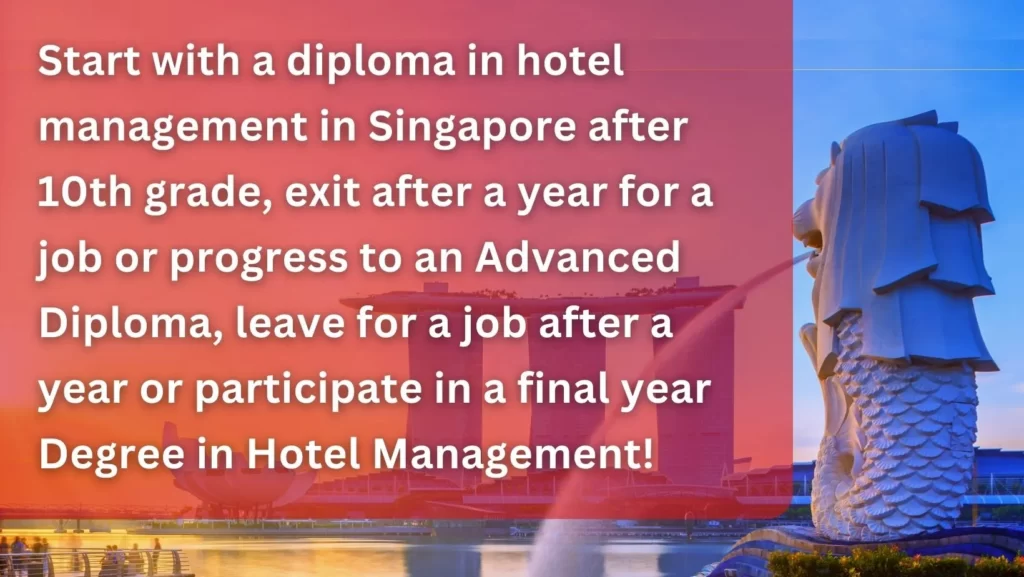
Dynamic Pricing
Dynamic pricing is a fundamental aspect of revenue management. It involves adjusting room rates in real-time based on demand fluctuations and booking patterns.
Prices may be higher during peak periods and lower during off-peak times to attract more bookings.
Length of Stay Controls
Managing the length of stay (LOS) is crucial in optimising revenue.
Hotels may employ minimum size of stay requirements during busy periods to ensure higher occupancy and maximise revenue.
Overbooking and No-show Management
Overbooking is when a hotel accepts more reservations than its available inventory, assuming some guests will not attend.
While it risks potential guest dissatisfaction, it helps maximise revenue by minimising the impact of last-minute cancellations and no-shows.
Group and Corporate Pricing
Effective revenue management offers competitive pricing to attract group bookings and corporate clients.
Negotiating contracts with these segments can provide a steady revenue stream during specific periods.
Distribution Channel Management
Controlling distribution channels and room inventory allocations is essential for managing revenue.
Hotels must balance direct bookings, online travel agencies (OTAs), and other distribution partners to optimise profits.
Loyalty Programs and Upselling
Loyalty programs encourage repeat business and can lead to increased guest spending.
Hotels can use data from loyalty programs to personalise offers and upsell additional services to guests.
Competitor Analysis
Regularly monitor competitors’ pricing and offerings to stay competitive.
This analysis helps identify gaps and opportunities in the market, guiding revenue management decisions.
Revenue and yield management are vital strategies in hotel management, helping hotels optimise pricing, increase revenue, and achieve financial success.
By leveraging data analytics, demand forecasting, dynamic pricing, and effective distribution strategies, hotels can make informed decisions to attract guests at the right time while maintaining high guest satisfaction.
These revenue management techniques enhance a hotel’s competitive edge in the dynamic hospitality industry.
Hotel management must closely monitor revenue streams and employ yield management strategies to maximise profits.
This includes setting appropriate room rates based on demand, seasonality, and special events.
Upselling and cross-selling opportunities should also be identified to increase average guest spending.

Marketing and Branding in Hotel Management
Building a solid hotel brand and implementing effective marketing strategies are essential for attracting new guests and retaining loyal customers.
Social media, online travel agencies, and search engine optimisation can significantly enhance a hotel’s visibility and reputation.
Marketing and branding are integral aspects of hotel management that are pivotal in attracting guests, building brand loyalty, and driving business growth.
A well-crafted marketing and branding strategy can differentiate a hotel from its competitors, create a strong brand identity, and foster positive guest experiences.
Here’s a comprehensive overview of marketing and branding in hotel management:
Brand Identity and Positioning
Establishing a unique brand identity is the foundation of successful hotel marketing.
Define the hotel’s mission, values, and personality, and align them with the target market’s preferences.
Position the hotel in a way that sets it apart and resonates with the desired audience.
Visual Branding
Create a visually appealing and consistent brand image through logos, colour schemes, typography, and design elements.
Visual branding creates brand recognition and fosters a sense of familiarity among potential guests.
Website and Online Presence
A user-friendly and visually engaging website is essential for effective hotel marketing.
Optimise the website for search engines (SEO) to improve its visibility in search results: Utilise high-quality images, virtual tours, and detailed information about the hotel’s amenities and services.
Social Media Marketing
Engage with guests and potential customers through various social media platforms.
Share captivating content, respond to customer inquiries, and use social media advertising to reach a broader audience.
Content Marketing
Create valuable and informative content, like blogs, articles, videos, and guides, to establish the hotel’s expertise and credibility.
Content marketing can attract potential guests and provide value beyond promotional messages.

Email Marketing
Build an email list and implement targeted marketing campaigns to nurture relationships with past guests and potential customers.
Personalize offers and promotions based on guest preferences and booking history.
Online Travel Agencies (OTAs) and Distribution Channels
Leverage online travel agencies, tour operators and other distribution channels to expand the hotel’s reach and attract new guests.
Manage partnerships with OTAs strategically to balance commission costs with direct bookings.
Reputation Management
Monitor and manage online reviews and ratings to maintain a positive reputation.
Address guest feedback promptly and professionally, showcasing the hotel’s commitment to guest satisfaction.
Loyalty Programs
Implement a loyalty program to reward and retain repeat guests.
Loyalty programs encourage guest retention, foster brand loyalty, and drive direct bookings.
Influencer Marketing
Collaborate with relevant influencers, travel bloggers, or social media personalities to promote the hotel.
Influencer marketing can create authentic experiences and reach new audiences.
Events and Promotions
Organise special events, promotions, and packages to attract guests during specific seasons or occasions.
Events and upgrades can create a sense of urgency and entice potential guests to make a booking.
Sustainability and Corporate Social Responsibility (CSR)
Incorporate sustainability initiatives and CSR efforts into the hotel’s branding and marketing.
Eco-conscious and socially responsible practices resonate with modern travellers and can enhance the hotel’s reputation.
Analyse and Measure Performance
Utilise analytics and data to evaluate the effectiveness of marketing efforts.
Measure key performance indicators (KPIs) such as traffic through the website, conversion rates, and return on investment (ROI) to make data-driven decisions.
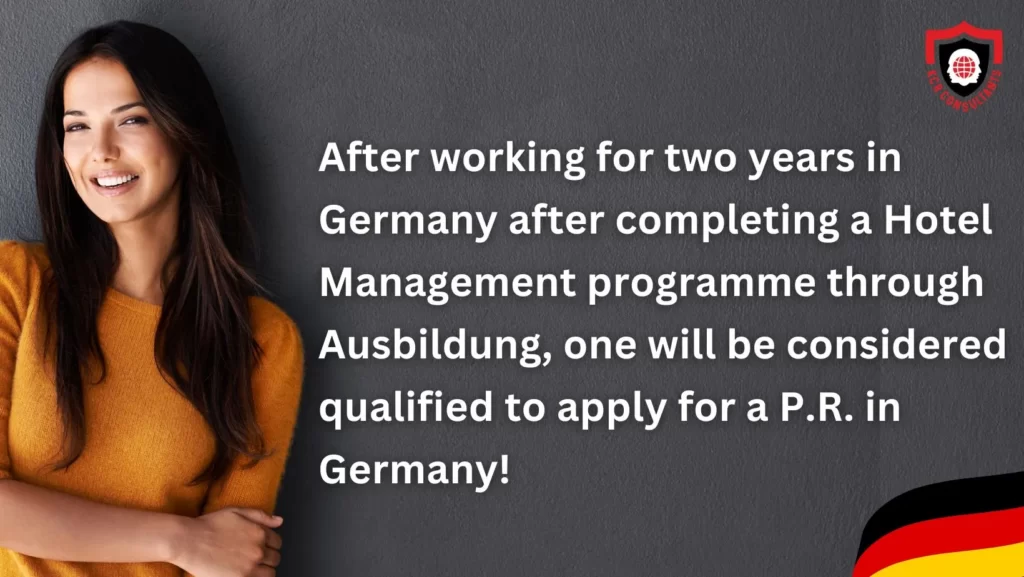
The staff as Brand Ambassadors
Empower staff to be brand ambassadors by providing exceptional guest service and embodying the hotel’s brand values.
Well-trained and engaged employees shape the overall guest experience and brand perception.
Effective marketing and branding are essential for hotel management to thrive in a competitive hospitality industry.
By establishing a solid brand identity, leveraging various marketing channels, engaging with guests online, and offering personalised experiences, hotels can attract new guests, foster brand loyalty, and drive revenue growth.
A well-executed marketing and branding strategy helps increase bookings and revenue and positions the hotel as a preferred choice for travellers, ensuring long-term success and sustainability.
Maintaining Quality Standards in Hotel Management
Consistency in delivering quality services is critical for establishing a reputable hotel brand.
Implementing standardised procedures, conducting regular audits, and seeking guest feedback can help maintain and improve service quality.
Maintaining high-quality standards is a critical aspect of successful hotel management.
Consistently delivering exceptional service and guest experiences is vital to building a positive reputation, encouraging repeat business, and attracting new customers.
Here are essential strategies to uphold and improve quality standards in hotel management:
Define Clear Quality Standards
Establish clear and detailed quality standards for all aspects of the hotel, including guest services, housekeeping, F&B, maintenance, and staff behaviour.
These standards should align with the hotel’s brand identity and guest expectations.
Staff Training and Development
Invest in comprehensive training for all employees to ensure they understand and can meet the established quality standards.
Training should cover technical skills, soft skills, and proper protocols for delivering exceptional service.
Regular Performance Evaluation
Conduct periodic performance evaluations for staff to identify their strengths and areas for improvement.
Providing feedback and support helps employees maintain and enhance the quality of their work.
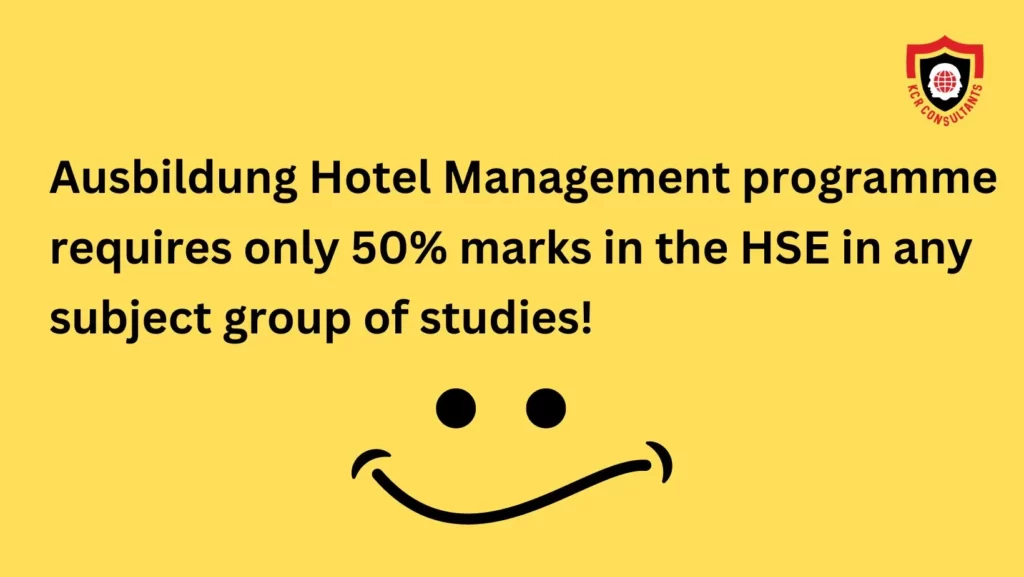
Guest Feedback and Surveys
Encourage guests to provide feedback through surveys and reviews.
Analyse this feedback to identify areas of improvement and address any issues promptly. Guest insights are invaluable in maintaining quality standards.
Standard Operating Procedures (SOPs)
Implement and enforce standardised operating procedures across all departments. S
OPs ensure consistency in service delivery and help prevent deviations from quality standards.
Quality Assurance Audit
Conduct regular quality assurance audits to assess the hotel’s performance against established standards.
These audits can identify any gaps or deficiencies that need to be addressed.
Technology and Automation
Leverage technology and automation to streamline processes and reduce human errors.
Property management systems, reservation platforms, and communication tools can enhance operational efficiency and service delivery.
Attention to Detail
Emphasise the importance of engagement to detail in all aspects of hotel management.
From room cleanliness to food presentation, the little things matter and contribute to a positive guest experience.
Empowerment and Accountability
Empower employees to take ownership of their roles and responsibilities.
Encourage a culture of accountability, where team members are motivated to uphold quality standards and take pride in their work.
Leadership and Communication
Strong leadership is crucial in maintaining quality standards.
Hotel managers should communicate the importance of quality, lead by example, and support their teams in achieving high levels of excellence.
Continuous Improvement
Adopt a mindset of constant improvement.
Regularly review and refine processes, seek new ways to enhance guest experiences, and stay updated on industry trends and best practices.
Crisis Management and Guest Recovery
Be prepared to handle unforeseen situations and guest complaints with grace and professionalism.
Effective crisis management and guest recovery protocols can turn a negative experience into a positive one.
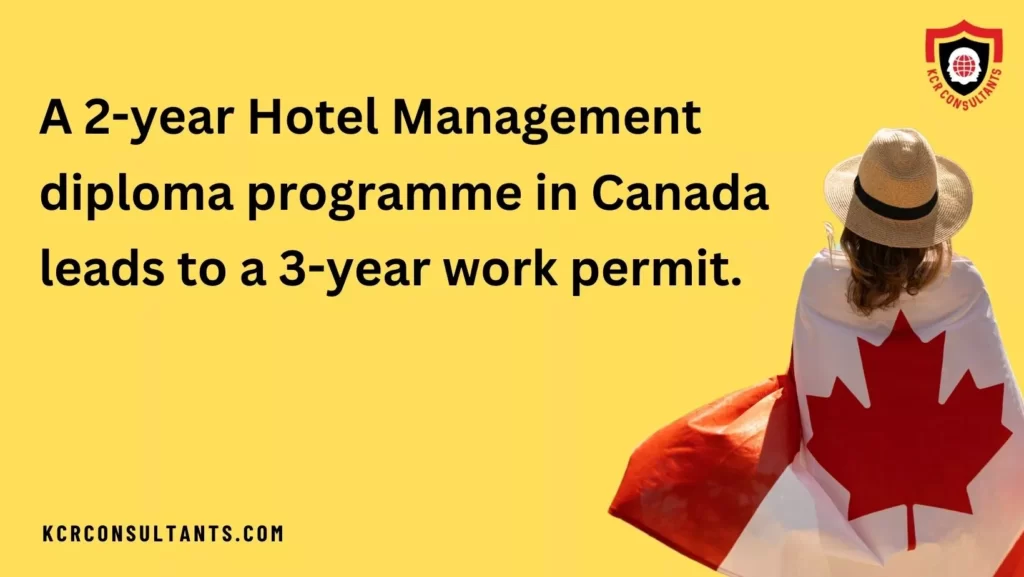
Compliance with Industry Standards
Adhere to industry standards and regulations related to safety, hygiene, and accessibility.
Meeting and exceeding these standards demonstrates a commitment to guest welfare and satisfaction.
Celebrate Successes
Recognise and celebrate successes and achievements in maintaining quality standards.
Acknowledge and reward employees who consistently deliver exceptional service.
Maintaining quality standards is an ongoing commitment that requires the active involvement of all hotel staff, from management to front-line employees.
By defining clear standards, providing comprehensive training, gathering guest feedback, and implementing continuous improvement initiatives, hotel management can ensure a consistently high level of service, guest satisfaction, and long-term success in the competitive hospitality industry.
Sustainable Practices in Hotel Management
In recent years, eco-consciousness has become increasingly important in the hospitality industry.
Adopting sustainable practices, such as reducing energy consumption, implementing waste management programs, and using eco-friendly products, benefits the environment and appeals to environmentally conscious guests.
As global awareness of environmental issues increases, sustainability has become crucial to hotel management. Embracing sustainable practices benefits the environment, enhances the hotel’s reputation, attracts eco-conscious travellers, and improves operational efficiency.
Here are essential sustainable practices that hotels can adopt:
Energy Efficiency
Implement energy-saving measures to reduce the hotel’s energy consumption.
This can include using LED lighting, energy-efficient appliances, and intelligent HVAC systems.
Encourage guests to participate in energy conservation efforts, such as reusing towels and turning off lights when not in use.
Water Conservation
Promote water-saving initiatives by installing low-flow faucets, showerheads, and toilets.
Implement water recycling systems and collect rainwater for landscaping and non-potable uses.
Waste Reduction and Recycling
Minimise waste generation by implementing recycling programs throughout the hotel.
Reduce single-use plastics by offering alternatives like refillable water bottles and biodegradable amenities.
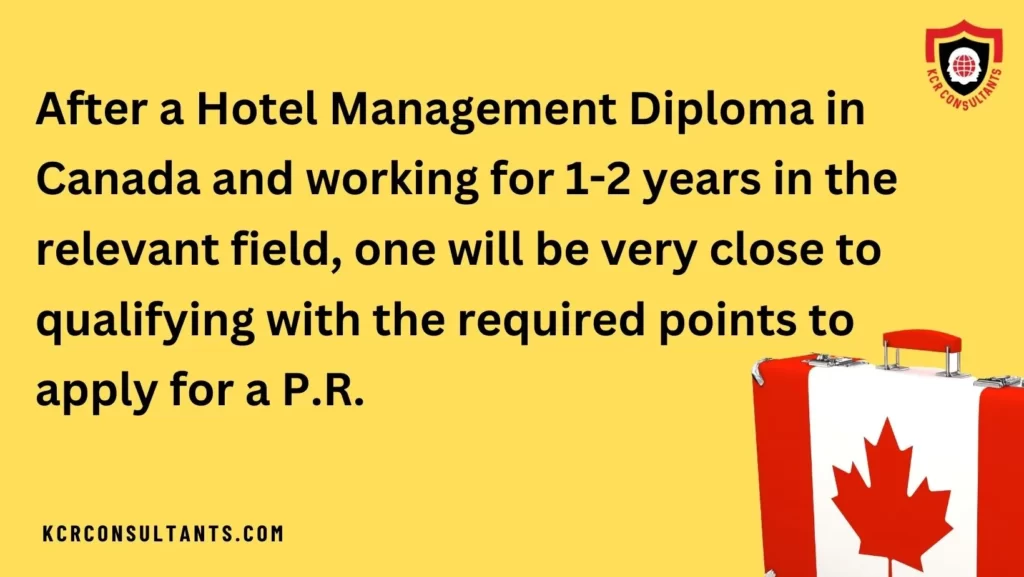
Sustainable Food and Beverage Practices
Source locally-produced and organic ingredients for the hotel’s restaurants and minimise food waste through careful planning and portion control.
Offer vegetarian and vegan menu options to reduce the carbon footprint of the hotel’s food operations.
Green Building and Design
When constructing or renovating the hotel, incorporate eco-friendly building materials and sustainable design practices.
Consider using renewable energy sources, such as solar panels or geothermal heating, to power the hotel.
Eco-friendly Housekeeping
Train housekeeping staff in eco-friendly cleaning practices and use environmentally friendly cleaning products.
Encourage guests to choose eco-friendly housekeeping options, such as bed linen and towel reuse programs.
Sustainable Transportation
Encourage the using public transportation or provide shuttle services to reduce the environmental impact of guest transportation.
Offer bike rentals to promote eco-friendly mobility.
Community Engagement and Support
Engage with the local community and support environmental initiatives—partner with local organisations for conservation projects, beach clean-ups, or tree-planting activities.
Green Certifications and Labels
Seek certifications and labels like LEED (Leadership in Energy and Environmental Design) or Green Key to showcase the hotel’s commitment to sustainability and environmental stewardship.
Staff Training and Awareness
Educate hotel staff about the importance of sustainable practices and how their actions contribute to their sustainability goals. Empower employees to become sustainability advocates and role models for guests.
Reduce Plastic Bottles and Packaging
Install water filtration systems and provide guests with reusable water bottles to reduce single-use plastic bottle consumption.
Choose suppliers that use minimal and eco-friendly packaging.

Responsible Procurement
Source products and services from environmentally accountable suppliers who adhere to sustainable practices and ethical standards.
Monitoring and Reporting
Regularly monitor and measure the hotel’s environmental impact and progress towards sustainability goals.
Share sustainability reports with guests and stakeholders to demonstrate transparency and accountability.
Green Education for Guests
Educate guests about the hotel’s sustainable practices and encourage their participation in eco-friendly initiatives.
Provide information on local eco-tourism opportunities and ways they can minimise their environmental footprint during their stay.
Sustainable practices are no longer just an option but a necessity for hotels seeking long-term success in a world increasingly conscious of environmental issues.
By adopting eco-friendly initiatives, promoting responsible consumption, and engaging with guests and the local community, hotel management can create a more sustainable operation that benefits the environment and contributes to a positive guest experience.
Embracing sustainability is a commitment to environmental conservation and a strategic move to attract environmentally-conscious travellers and thrive in a changing hospitality landscape.
Crisis Management and Guest Safety in Hotel Management
Being prepared for unforeseen events and having robust crisis management protocols is vital for a hotel.
Ensuring the security of guests and staff during emergencies helps build trust and loyalty.
Crisis management and guest safety are paramount in hotel management. Preparedness for potential emergencies and a focus on guest well-being are critical to ensuring guest satisfaction, loyalty, and overall reputation.
Here are essential strategies for effective crisis management and guest safety in hotel management:
Develop Comprehensive Emergency Plans
Create detailed plans for various scenarios, including natural disasters, fires, medical emergencies, security threats, and power outages.
These plans should outline clear protocols for staff and guests during emergencies.
Conduct Regular Training
Train all hotel staff in emergency procedures, including front-line employees and management.
Conduct regular drills and simulations to ensure the team is well-prepared to handle crises efficiently and calmly.
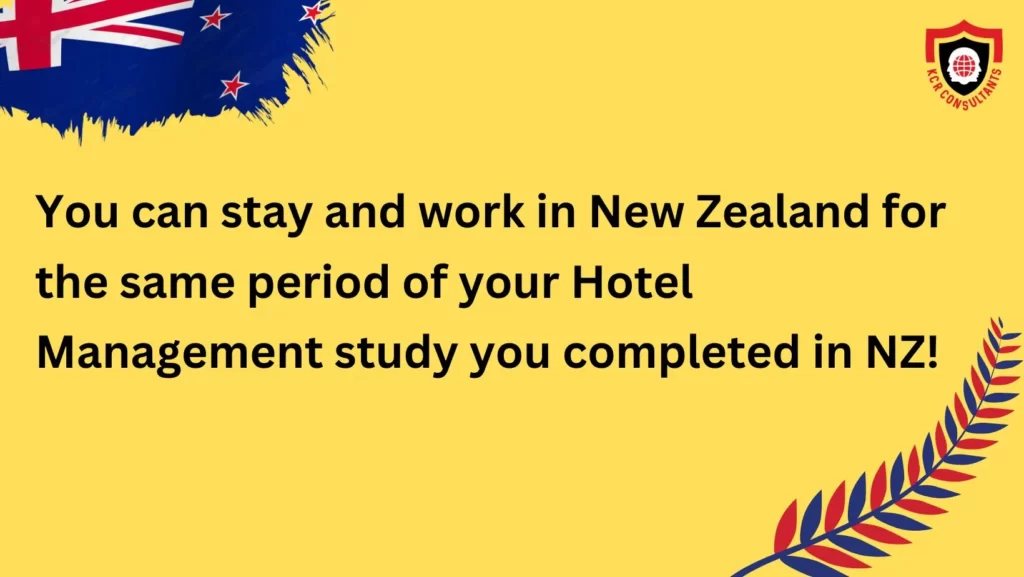
Install Safety Equipment
Equip the hotel with safety equipment, including fire extinguishers, smoke detectors, sprinkler systems, and first-aid kits.
Regularly inspect and maintain this equipment to ensure functionality.
Monitor and Address Hazards
Regularly assess the property for potential safety hazards, such as slippery floors, faulty wiring, or blocked exits.
Promptly address any identified risks to prevent accidents and ensure a safe environment for guests.
Implement Security Measures
Invest in security measures, such as surveillance cameras, access control systems, & security personnel, to maintain a secure & safe environment for guests and staff.
Communication and Guest Awareness
Provide guests with information on emergency procedures, evacuation routes, and safety guidelines.
Communicate any potential risks or safety measures to guests transparently and clearly.
Collaborate with Local Authorities
Establish strong relationships with local emergency services and law enforcement.
Collaborate with them to ensure a coordinated response in case of emergencies.
Guest Check-In Information
Collect guest emergency contact information during the check-in process.
This information can be crucial for communicating with guests during emergencies or evacuation procedures.
Guest Assistance and Evacuation Plans
Develop plans for assisting guests with special needs or mobility challenges during emergencies or evacuation.
Ensure that all guests are accounted for during an evacuation.
Crisis Communication Plan
Create a plan for crisis communication that outlines how the hotel will communicate with guests, staff, and the media during an emergency.
Provide accurate and timely updates to keep everyone informed.
Guest Privacy and Confidentiality
Respect guest privacy and confidentiality during emergencies. Avoid disclosing personal information without proper authorisation.

Post-Crisis Recovery and Support
Offer support and assistance to guests and staff following a crisis.
Provide resources for counselling and other forms of support if needed.
Review and Learn from Past Incidents
Conduct a thorough review and analysis of the response after any crisis.
Identify areas for improvement and update emergency plans based on lessons learned.
Crisis Management Team
We are establishing a crisis management team with designated roles and responsibilities.
This team should be trained and ready to activate during emergencies.
Crisis management and guest safety are non-negotiable aspects of hotel management.
By implementing comprehensive emergency plans, providing staff training, and investing in safety equipment and security measures, hotels can effectively handle crises and prioritise the safety and well-being of their guests.
Communication, collaboration with local authorities, and continuous improvement in safety protocols contribute to a safer and more secure environment, ensuring that guests feel confident and cared for during their stay.
Proactive measures in crisis management demonstrate the hotel’s commitment to guest safety and contribute to building a solid and trustworthy brand in the hospitality industry.
Embracing Innovation in Hotel Management
Staying ahead in the hospitality industry requires embracing technological innovations.
This may include offering mobile check-ins, incorporating smart-room technology, and utilising data analytics to gain insights into guest preferences.
Embracing innovation in hotel management is essential for staying competitive, improving guest experiences, and driving operational efficiency.
In today’s fast-paced and technology-driven world, hotels open to adopting new technologies and innovative practices are better equipped to meet evolving guest expectations and industry trends.
Here are vital ways hotels can embrace innovation in hotel management:
Technology Integration
Leverage technology to enhance guest experiences and streamline operations. Implement mobile check-in and check-out processes, keyless entry systems, and mobile apps allowing guests to request services, access information, and provide real-time feedback.
Data Analytics and Personalization
Utilise data analytics to gain insights into guest preferences, behaviour, and booking patterns.
Hotels can offer personalised services, tailored recommendations, and targeted marketing efforts with this information.
Artificial Intelligence (AI) and Chatbots
Integrate AI-powered chatbots into customer service platforms to respond quickly and efficiently to guest inquiries and requests.
Chatbots can handle routine queries, freeing staff to focus on more complex guest interactions.
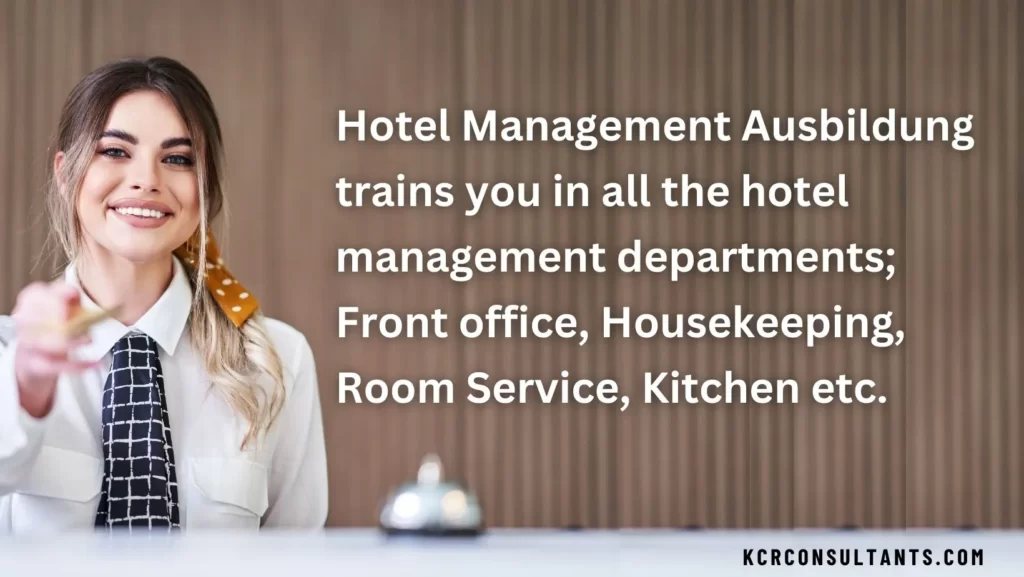
Internet of Things (IoT)
Explore IoT applications in hotel management, such as intelligent room controls and connected devices.
IoT technology optimises energy usage, monitors room conditions, and provides guests with personalised experiences.
Virtual Reality (VR) and Augmented Reality (AR)
Incorporate VR&AR technologies to create immersive experiences for guests, such as virtual tours of rooms and facilities or AR-enhanced guides to local attractions.
Sustainability Initiatives
Innovate by implementing eco-friendly and sustainable practices.
Adopt energy-efficient technologies, reduce plastic usage, and invest in renewable energy sources to showcase the hotel’s commitment to environmental responsibility.
Contactless Payment Systems
Offer contactless payment options to guests to enhance convenience and safety during transactions.
Online Reputation Management
Utilise online reputation management tools to monitor and respond to guest reviews and feedback across various platforms.
Addressing guest comments promptly demonstrates responsiveness and a commitment to guest satisfaction.
Revenue Management Systems
Implement advanced revenue management systems that use data analytics to optimise pricing strategies and maximise revenue.
Virtual Meetings and Events
Explore virtual meeting and event solutions to cater to the changing preferences of business travellers and event organisers.
Collaborative Spaces and Coworking Areas
Incorporate flexible and collaborative spaces within the hotel to attract remote workers and business travellers seeking a work-friendly environment.
Social Media Marketing and Influencer Partnerships
Leverage social media platforms to engage with guests and drive brand awareness—partner with influencers and travel bloggers to reach a wider audience and showcase the hotel’s unique offerings.

Employee Training and Upskilling
Promote a culture of innovation within the hotel by encouraging employees to embrace new technologies and participate in upskilling programs.
The empowered and knowledgeable staff can drive innovation from within.
Pilot Testing and Feedback
Before fully implementing new technologies or initiatives, pilot test them with a select group of guests or staff.
Gather feedback to make necessary adjustments and improvements.
Embracing innovation in hotel management is a continuous journey that involves staying updated on industry trends, adopting new technologies, and prioritising guest-centric approaches.
By integrating innovative solutions, hotels can create memorable guest experiences, optimise operations, and maintain a competitive edge in the dynamic and evolving hospitality landscape.
As guest expectations evolve, embracing innovation becomes even more critical in maintaining a strong brand presence and securing long-term success in the hospitality industry.
Effective hotel management is a delicate dance between exceptional guest experiences, operational efficiency, and financial success.
By understanding the hospitality industry, focusing on customer service, maintaining quality standards, and embracing innovation, hotel managers can pave the way for their establishments to thrive in a competitive market.
Combining these strategies allows hoteliers to create a memorable and enjoyable experience for their guests, ensuring they keep returning for years.






